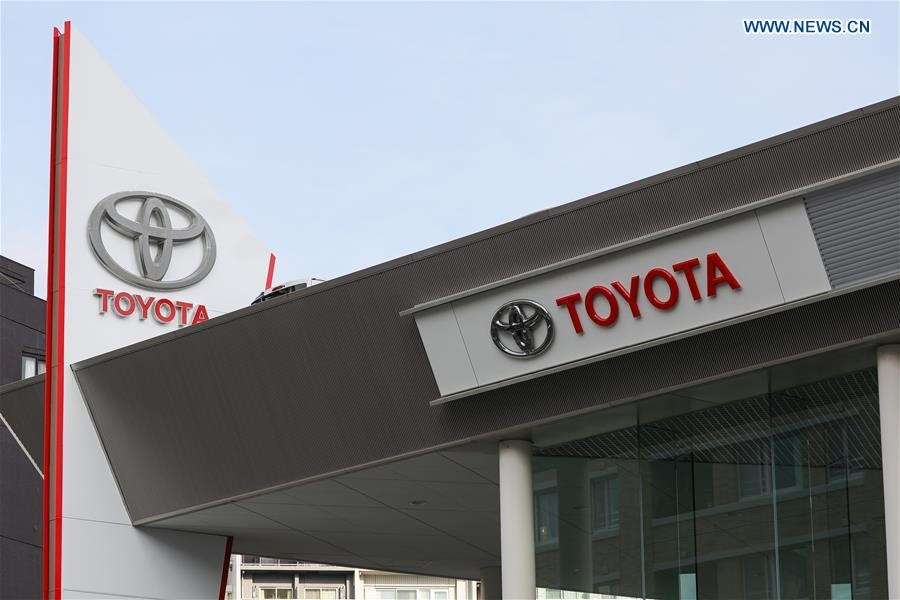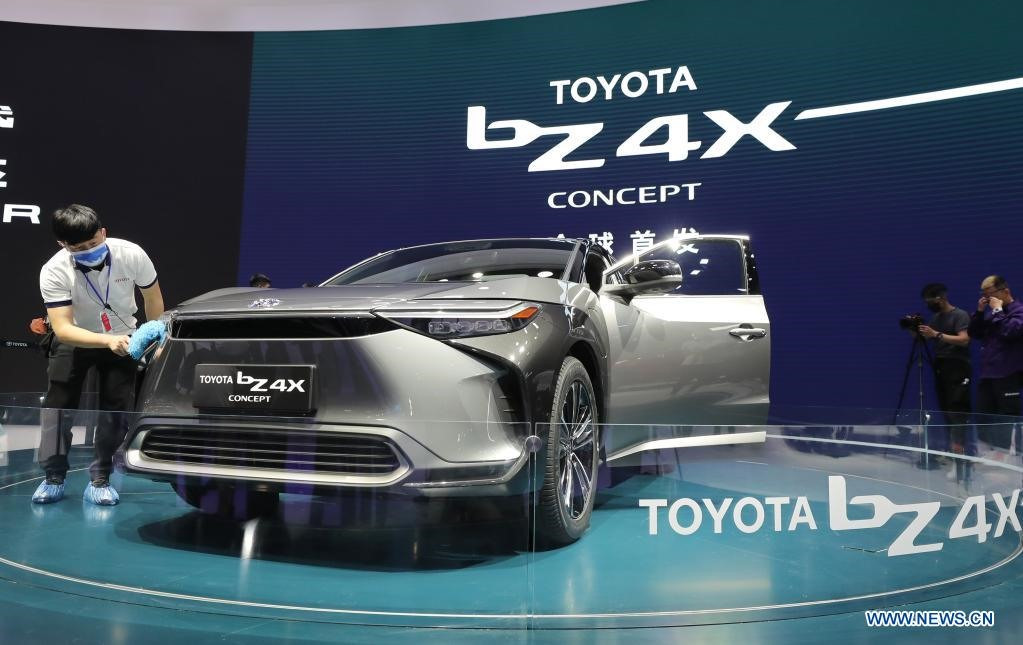Controversy over Toyota's electric vehicle development
In a recent statement, Mr. Akio Toyoda said he will leave the position of CEO of Toyota Corporation to take up the position of Chairman of the Board of Directors from April 1.
Akio Toyoda will be remembered for his 14 years at the helm of the world's largest automaker. He is the grandson of the company's founder and the great-grandson of inventor Sakichi Toyoda, who is considered the father of Japan's industrial revolution.
 |
Toyota is about to have a new CEO. |
Akio Toyoda is also one of the last true petrolheads in the automotive industry, but he is perhaps best known as an outspoken critic of the electric vehicle revolution.
He recently declared himself part of the “silent majority” in the auto industry, questioning whether electric vehicles are the only way forward.
The problem is, Mr. Toyoda's constant speaking of his mind may have gotten him into a fight.
That’s certainly the view among those within the Japanese automaker itself. Mr. Toyoda’s departure comes amid growing questions about the nearly 90-year-old automaker’s strategy toward electric vehicles.
While many of Toyota’s major rivals have embraced electrification, investing tens of billions of dollars in batteries and other green technologies, Toyoda has stood his ground, refusing to develop a line of pure electric vehicles that could compete with Tesla, Ford, Volkswagen, Nissan, and even some Chinese upstarts.
Toyota currently has just one pure electric vehicle on the market, the bZ4X, which was a huge flop when it launched last year and was recalled due to wheel issues.
 |
The Toyota bZ4X is the Japanese automaker's first electric vehicle, but has been recalled due to concerns that the wheels could fall off. |
Toyoda's main contribution was to push Toyota down a different path, toward hybrid cars that combine batteries and gasoline engines and electric cars that use hydrogen-powered fuel cells.
Toyoda argues that this is actually a better approach to clean energy, as mass adoption of electric cars would increase pollution, not reduce it. “The more electric cars we build, the more carbon dioxide we produce,” the CEO said at a press conference in 2020.
Initially, this argument seemed to be based on the fact that Japan's electricity grid has been powered primarily by gas and coal for the past decade, due to the shutdown of more than 80% of the country's nuclear plants following the Fukushima disaster in 2011. Meanwhile, other countries get a much larger proportion of their electricity from renewable sources.
“Because of my strong passion for cars, I was an old-fashioned person when it came to digitalization, electric cars and connected cars. I couldn’t go beyond the role of a car driver and that was my limit. Looking back, the past 13 years were a time of struggling to survive day by day and that’s how I truly felt,” said the Toyoda descendant.
Toyoda's resistance has left the auto giant facing a number of problems.
First is the reputational risk. A group of shareholders has taken a very strong stance against the company because of what it calls “negative climate lobbying.”
The second is a strong commercial rationale. While electric vehicles still have many shortcomings at the current stage, the direction of the sector is still quite clear.
Some analysts even question whether Toyota’s position as the world’s largest automaker for nearly a decade and a half is under threat. But electric vehicles will eventually prevail as government bans on gasoline and diesel vehicles and policies like ULEZs, which impose high taxes on vehicles powered by internal combustion engines, come into effect.
Akio Toyoda recently said he wants his legacy to be “I love cars.” But with Toyota facing a dangerous precipice, he is likely to be remembered for loving traditional engines too much.

